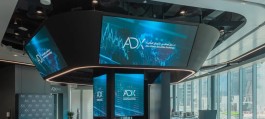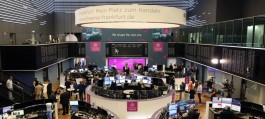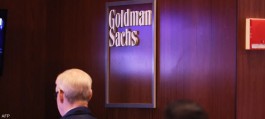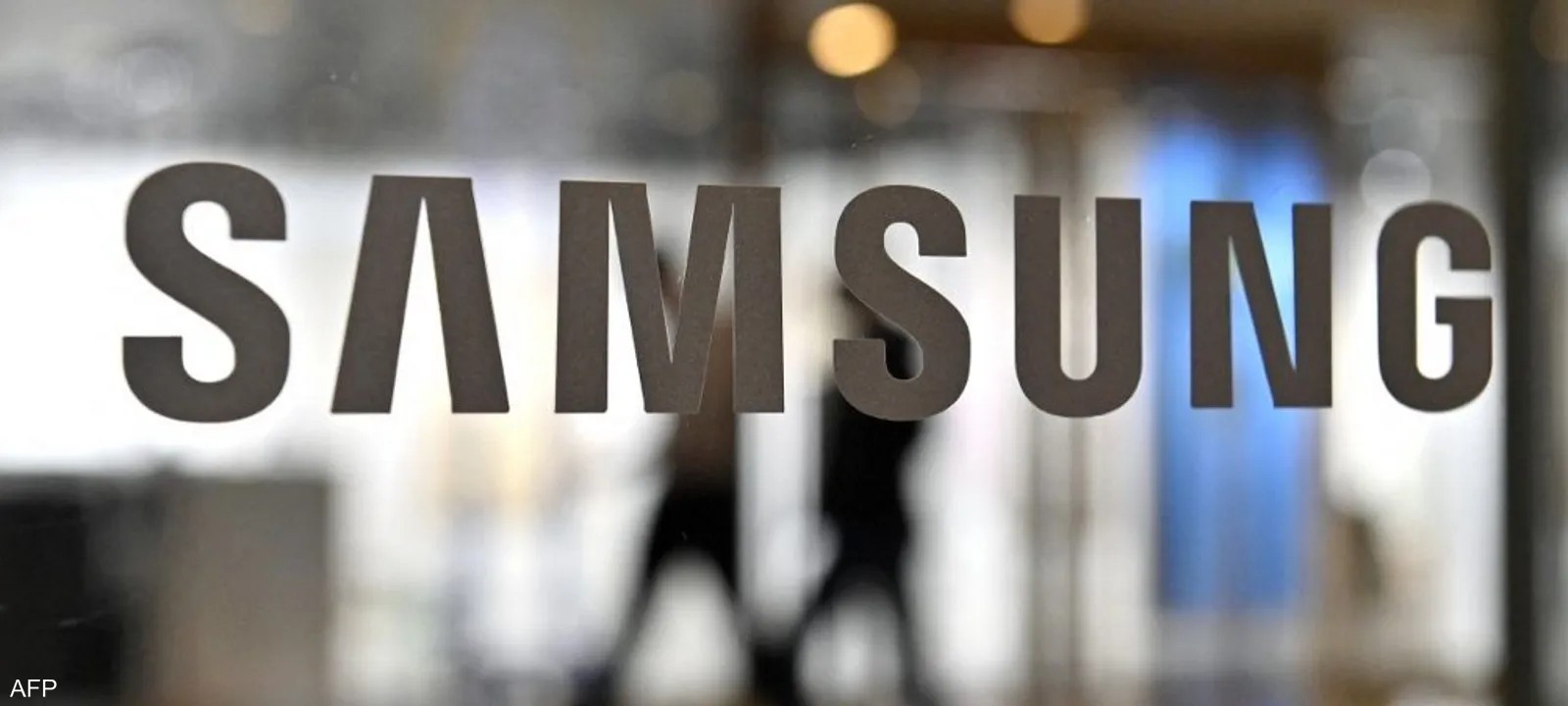Samsung Electronics expects its highest operating profit in three years, driven by strong demand for memory chips used in artificial intelligence applications. This follows several quarters of weak growth that raised concerns about losing market share to competitors.
The South Korean company said Tuesday that its operating profit for the quarter ending in September is expected to rise more than 30% year-on-year to 12.1 trillion won ($8.5 billion), exceeding analysts' expectations of 9.7 trillion won. Samsung is scheduled to announce its full results at the end of this month.
The company's shares rose as much as 3% to a record high of 97,500 won on Tuesday after the earnings report, bringing the stock's total gains to more than 66% over the past six months, fueled by the AI boom, which has helped it recover from a series of previous setbacks, including its failure to pass Nvidia's rigorous tests for qualifying advanced AI chips.
This month, Samsung signed a letter of intent with OpenAI to supply semiconductors for ChatGPT developer ChatGPT's $500 billion Stargate data center project.
Samsung holds more than a quarter of the global market for high-bandwidth memory (HBM) chips used in AI chips, alongside South Korea's SK Hynix and US-based Micron, according to research firm TrendForce.
Demand for AI chips rebounds
The company lost its position as a major supplier to Nvidia to rival SK Hynix, and its HBM chip business was also hurt last year by US restrictions on exports of advanced memory chips to China.
However, analysts noted that Samsung is currently benefiting from a surge in demand from technology companies for custom AI chips that require advanced memory products.
This strong demand has led to higher prices for DRAM chips used to store temporary data while devices are running, a sector in which Samsung remains the global leader.
The increased demand for AI chips is also expected to boost Samsung's sales of low-value NAND flash memory chips, which are used for long-term data storage without requiring power.
Samsung's chip manufacturing business also received a boost this year after the company announced it would produce artificial intelligence chips for Tesla at its new Texas factory, raising hopes that it could curb mounting losses after gradually losing market share to Taiwanese rival TSMC over the past decade.
In August, Apple announced that Samsung would produce image sensors in Texas for the next generation of iPhones, marking a reconciliation between the two tech giants after a decade of intense disagreements over patent disputes.







































